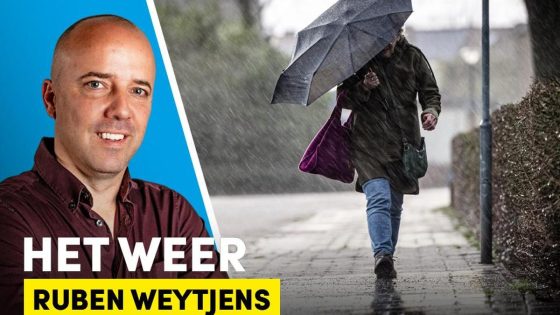Recent court rulings on rape cases in Belgium have stirred public debate, with several men being acquitted amid questions of consent and intoxication. The complexity of these cases highlights the challenges judges face in interpreting evidence and determining guilt. On 2025-05-22 18:41:00, multiple verdicts drew attention for their differing outcomes despite similar circumstances.
- Rechter spreekt mannen vrij wegens twijfel
- Vrouwen waren onder invloed, niet dronken
- Sms-berichten gebruikt als bewijs voor toestemming
- Drie verkrachtingszaken leiden tot verschillende uitspraken
- Vrijspraak gebaseerd op oordeel over drankgebruik
- Werkstraffen en opschortingen toegepast in zaken
In cities like Ghent and other regions, courts have freed men aged 25 to 29, citing doubts about whether victims were too intoxicated to give consent. These rulings often reference victims’ ability to send clear text messages or return to the accused’s bed as factors influencing decisions. How do these factors weigh against the seriousness of the allegations?
As the Belgian public seeks clarity, the varied judgments raise important questions about the legal standards applied in sexual assault cases and the balance between protecting victims and ensuring fair trials.
What explains the differing outcomes in seemingly similar cases? The judicial system must navigate complex evidence, often relying on subtle details such as:
- Victims’ behavior post-incident, including texting and returning to the accused’s bed
- Levels of intoxication—distinguishing between “under influence” and “drunk”
- Legal thresholds for consent amid alcohol consumption
- Variations in sentencing, from acquittals to suspended sentences and community service
As public scrutiny grows, Belgian authorities and lawmakers may need to revisit guidelines on consent and intoxication. How can the system better protect victims without compromising legal fairness? Continued dialogue and legal reform could be key steps forward.
































